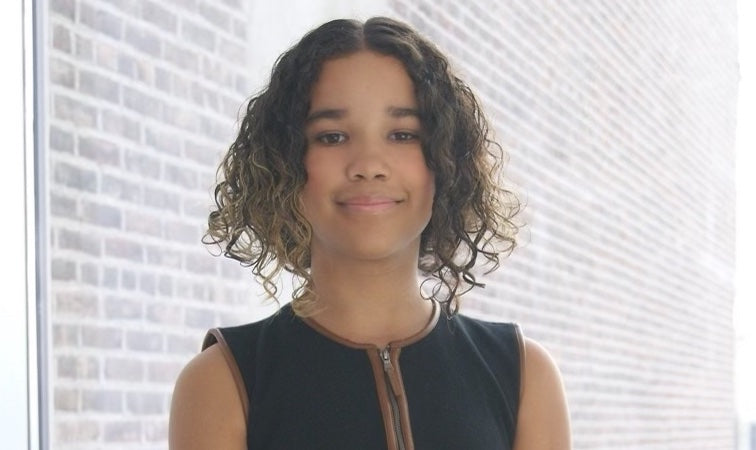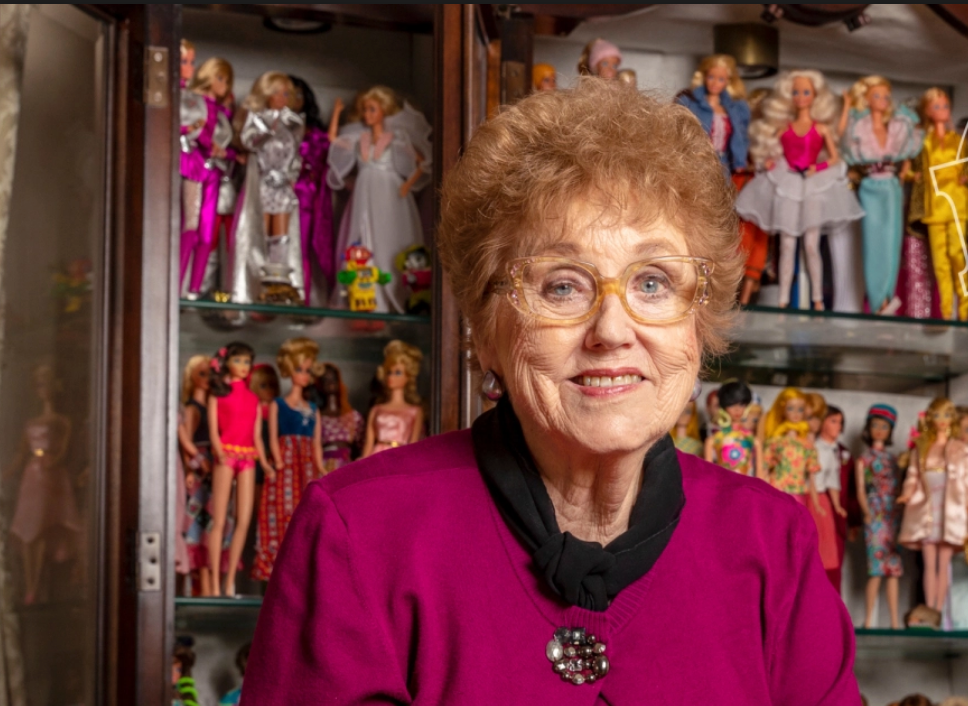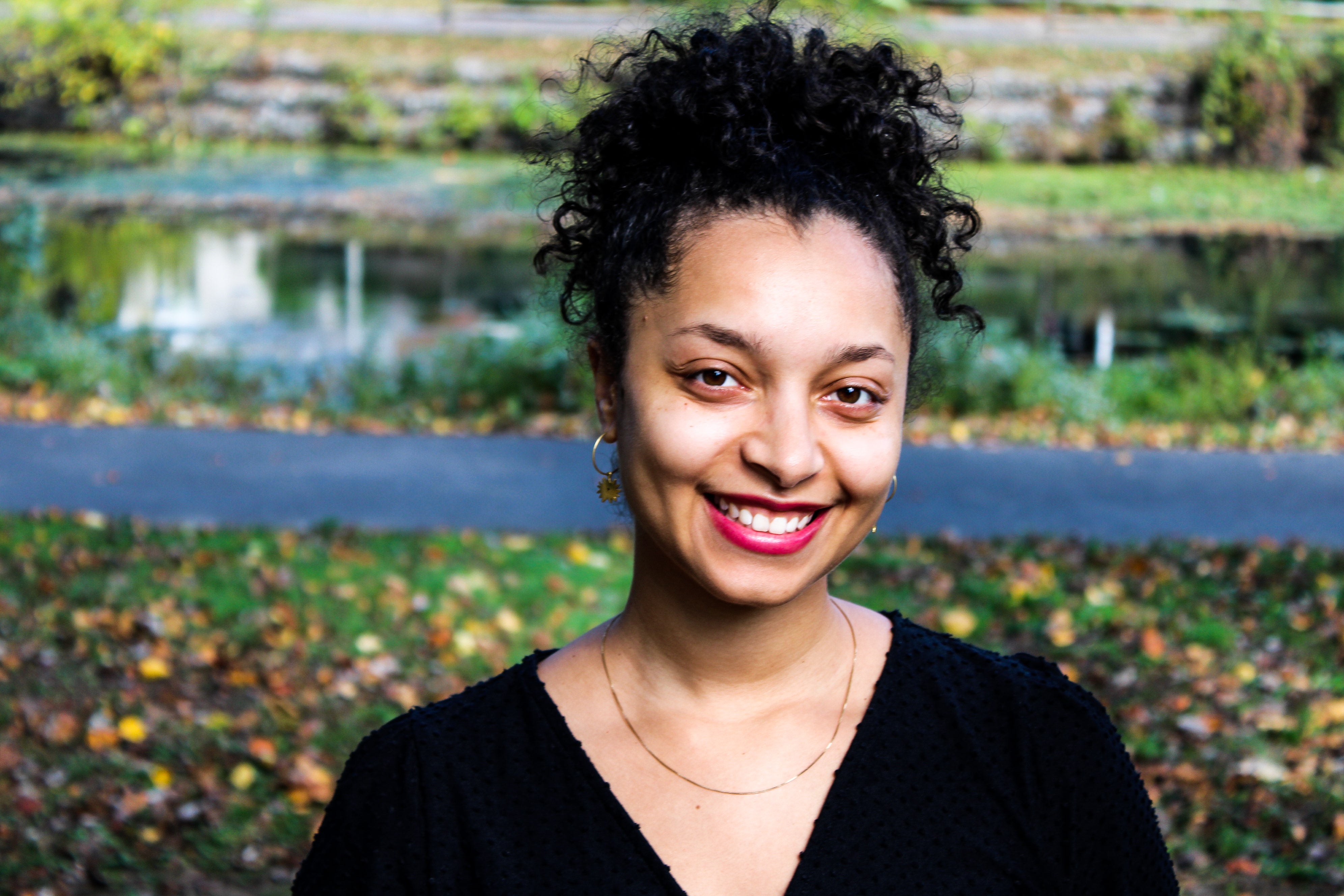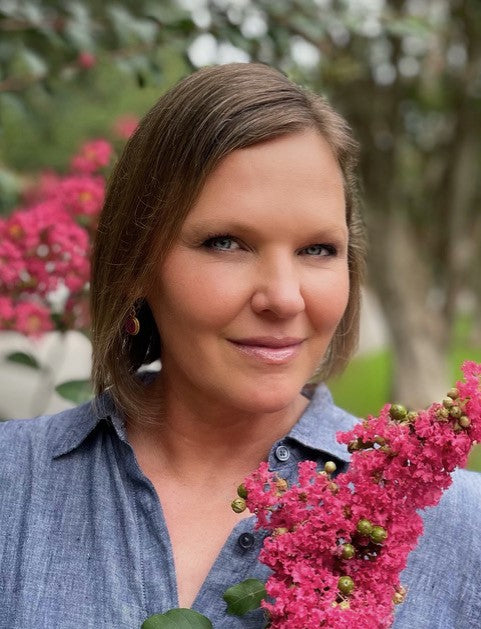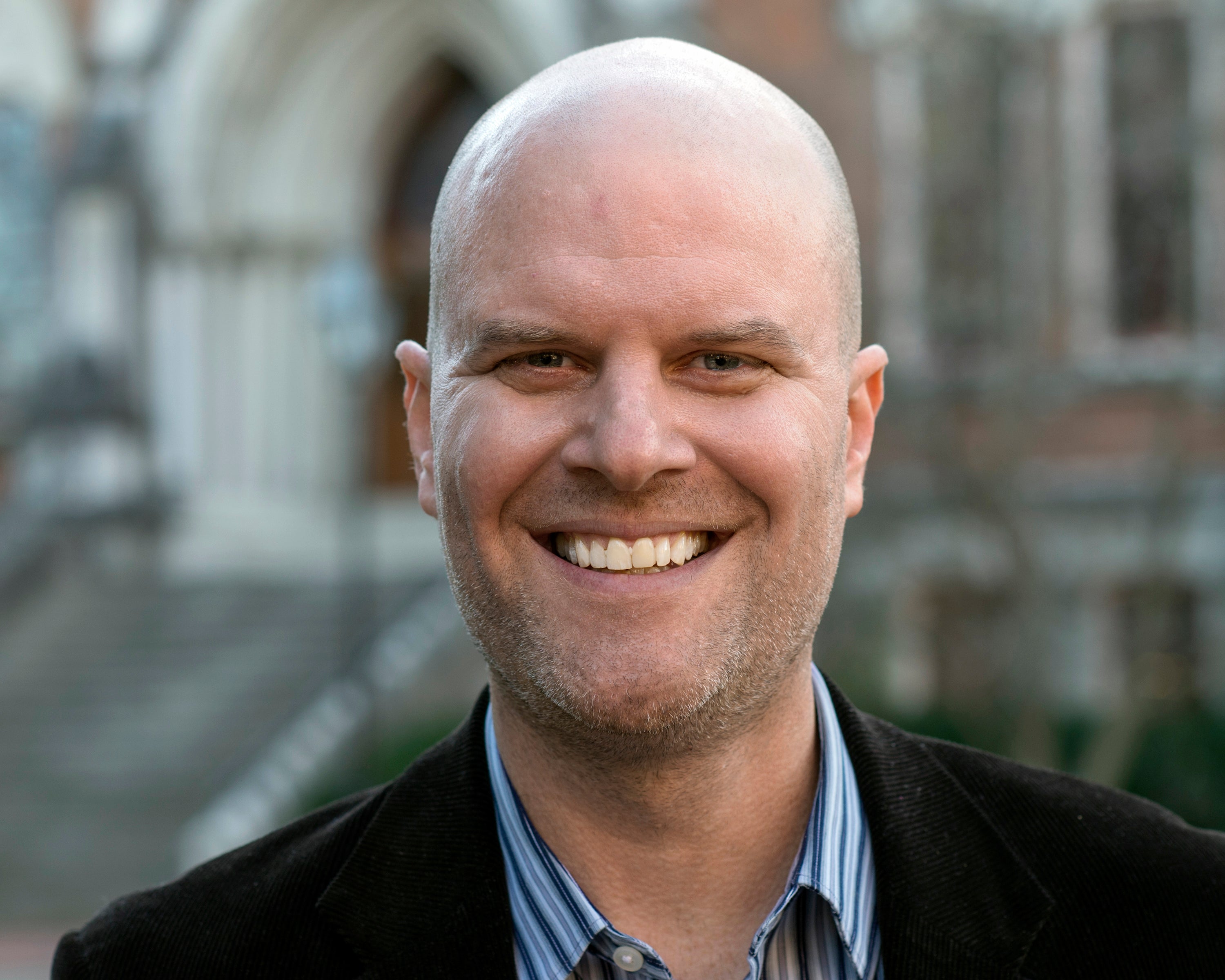
Author: Gail Lukasik
Author Bio:
Gail Lukasik’s latest book, White Like Her: My Family’s Story of Race and Racial Passing was named by The Washington Post as one of the most inspiring stories of 2017. White Like Her reached the top 100 books on Amazon and is in its fourth printing. A paperback version of the book was released in February 2021.
The book captured national attention and led to Gail’s appearance on The Today Show.
FGW Productions and Turner-Foxx Productions have optioned White Like Her for a TV dramatic series.
Gail appeared in the short documentary, History of Memory (Redglass Picture, Inc.), which won the 2019 Tribeca Film Festival short film series (Amazon Prime Video). The documentary delves into the significance of photographs in a person’s life.
Her articles about coming to terms with her mixed-race identity appeared in The Washington Post, Mic.com, Salon.com, Independent.co.uk, Upworthy, and The Daily Beast.
She also writes the award-winning Leigh Girard mystery series, a seasonal series set in Door County, Wisconsin. Peak Season for Murder won the Lovey Award for Best Traditional Amateur Sleuth.
Her writing has been described as “riveting” (Kirkus Reviews) and “splendid” (Lisel Mueller, Pulitzer Prize winning poet). She began her writing career as a poet. Her most recent book of poems is: Homeless, In My Own Words: True Stories of Homeless Mothers.
After earning her Ph.D. in English with a specialization in creative writing from the University of Illinois at Chicago, she taught on the university level. Her many years of teaching segued into a vibrant speaking career. In the last three years Gail has made over 100 presentations at a variety of venues, expanding her audience from the Chicago area to cities such as St Louis (MO), Milwaukee, (WI), Cleveland (OH), Carmel (IN), La Porte (IN), and Hollywood (CA).
She’s given lectures on diversity and the writing process at the University of Illinois-Chicago, Kenyon College and Northwestern University.
In addition to her television appearances (Genealogy Roadshow, The Today Show, WGN Morning Show and PBS’ Chicago Tonight), she was a guest on over 60 radio programs broadcast in multiple listening areas, including England and Canada.
This past spring Gail appeared on BBC’s World News and BBC’s Outlook.
Once a member of the Cleveland Civic Ballet Company, she credits her aesthetic sensibility, her stage presence, and her writerly discipline to her training as a classical ballerina.
Our relationship remained the same. But my feelings toward our relationship changed. Because my mother refused to discuss her decision to pass as White, I felt a sense of loss. On several occasions when I asked her about her Black ancestry, she changed the subject as if she hadn’t heard me. Writing 'White Like Her' was my way of bridging that gap between her silence and my need to know the truth of my racial heritage.
2. What did writing “White Like Her” teach you about race?
I’d always believed that race was a social construct. My research for the book confirmed that belief. In tracing my mother’s family back to 18th century colonial Louisiana, I discovered that once my ancestors were no longer enslaved, what determined their racial designations legally were arbitrary and fluid racial laws, such as the one-drop rule.
3. What was your writing process like?
My writing process for 'White Like Her' differed from my writing process for my mystery novels. For my novels, I write and/or research in the mornings, five days a week. But for White Like Her, I wrote in the mornings and researched in the afternoons, seven days a week.
It was as if my mother was guiding me, urging me on, telling me to say what she couldn’t say. I finished the final draft in 18 months.
4. Some people upon learning this type of information about themselves and their family may have neglected what they learned, pushed it under the rug, or continued with life as usual. You did not. Why was that and what did this embracing period look like for you?
It was important to me to know who my people were. It wasn’t something I could sweep under the rug. I also felt an obligation to my children to find out the truth of our racial heritage. When I was presented with an opportunity to appear on PBS Genealogy Roadshow, I jumped at the chance.
I thought that this was a story that deserved a public forum. As it turned out I was right. After the show aired and my book was published, people from around the world contacted me to share similar stories in their own families.
5. How has your life changed since writing “White Like Her”?
Because of the book and my article in The Washington Post, which led to my appearance on The Today Show and a documentary, History of Memory, I was suddenly thrust into the spotlight. Because of this exposure, I was repeatedly asked how I identified racially. Prior to the book no one had ever questioned my racial identity.
Everyone, including me, assumed I was what I appeared to be—a White woman. As I chronicled in my most recent article in The Washington Post, “I thought I was White until I learned my mother’s secret. The census helped me tell my family’s story,” this persistent questioning of my racial identity led me to reconsider how I identified. Now I identify as mixed-race.
6. What do you hope readers take away from “White Like Her”?
My hope is that readers will get greater insight into the social injustices that people of color have endured in this country throughout history. I also hope that readers will explore their own family trees with an open mind and heart. You never know what you’ll find among the branches. I certainly wasn’t prepared for what I found.
7. There is so much sorrow and beauty within this story, do you ever stop and think “wow”?
I marvel at the journey I’ve been on from discovering my mother’s Black ancestry to finding the “lost” family she left behind in New Orleans to suddenly being in the public eye.
8. What’s your best advice for getting over writer’s block?
Try and write through it. Being a writer requires not only tremendous discipline but also a belief in oneself. When I’m really stuck, I tell myself that you’re going to have a rough day or two, but that’s okay. All writing is rewriting.
9. What’s the best book you have read this year so far?
The Sentence by Louise Erdrich.
10. Do you plan on writing more books in the future?
I recently completed a gothic historical mystery The Darkness Surrounds Us, which is set in 1918 during the Spanish Influenza. Ironically, I began the book prior to the pandemic. Here’s my elevator pitch: A Chicago nurse embarks on a quest to find her lost father that leads her to a desolate Michigan island and a dangerous secret that threatens everything she knows about herself.
Places To Find More From This Author:
Twitter: @glukasik1
Linkedin: Gail Lukasik
Website: www.gaillukasik.com
Get Your Copy of White Like Her Today!


